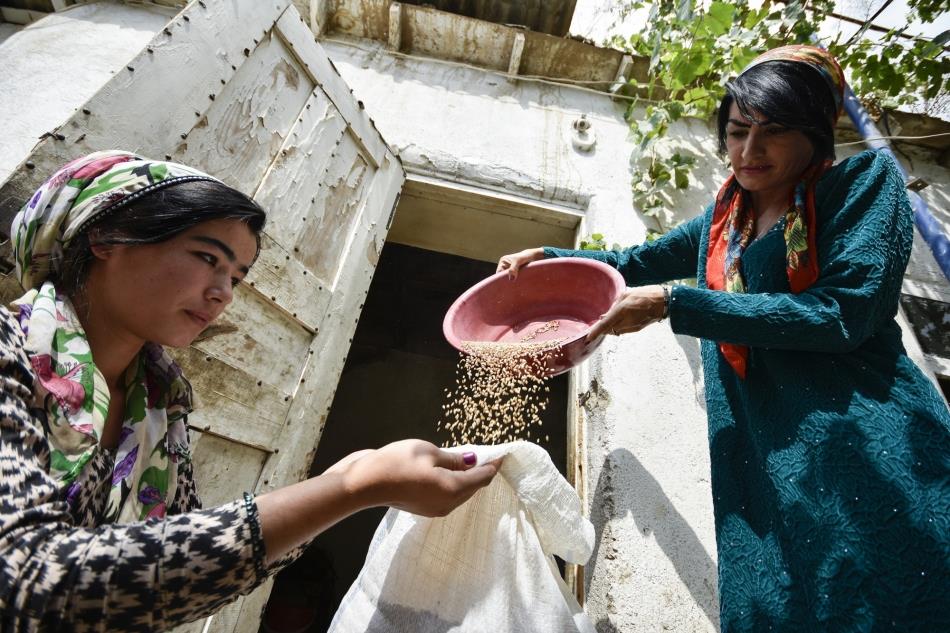We stand with rural women for sustainable agriculture and development
On the International Day of Rural Women, FAO urges the recognition of women’s significant role in enhancing agricultural and rural development, improving food security, and eradicating rural poverty.

©FAO/Nozim Kalandarov
Rural women face multiple challenges – from systemic discrimination in accessing land and natural resources, the burden of unpaid work, and inequality within the family, to a lack of infrastructure and services. They are often engaged in work that is insecure, poorly paid, or not covered by social protection and at risk of being forced into adult and even child marriage, as well as excluded from leadership and decision-making positions at all levels.
On the International Day of Rural Women, FAO urges the recognition of women’s significant role in enhancing agricultural and rural development, improving food security, and eradicating rural poverty.
In Europe and Central Asia, the status of rural women is the most advanced globally; however, gender-based discrimination persists in the region. The situation varies within the sub-regions, but in most countries, women living in rural and remote areas are more likely to suffer from discrimination and poverty.
In Georgia, for example, 9–25 percent of rural advisory service employees are women. Still, according to UN Women, women in general are less informed about the rural advisory services than men are. In Uzbekistan, women earn about 40–47 percent less of what men earn. About a quarter of working women in Turkey (rural and urban) assume full responsibility for childcare. The majority of women are thus employed at home or part-time to balance out childcare with work. Kyrgyz women are underrepresented in political roles, despite their proportion among local government and municipal employees.
